New treatment increases pregnancy rate for women with infertility disorder
The drug letrozole appears to be more effective than the standard drug clomiphene for helping women with polycystic ovary syndrome (PCOS) to achieve pregnancy, according to a large study from a research network supported by the National Institutes of Health.
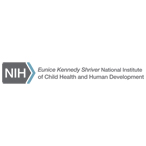


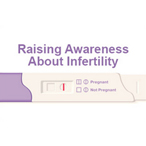


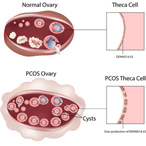
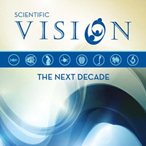
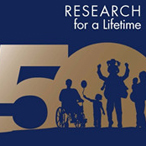
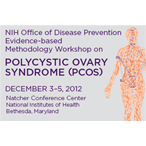
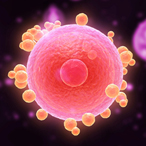

 BACK TO TOP
BACK TO TOP